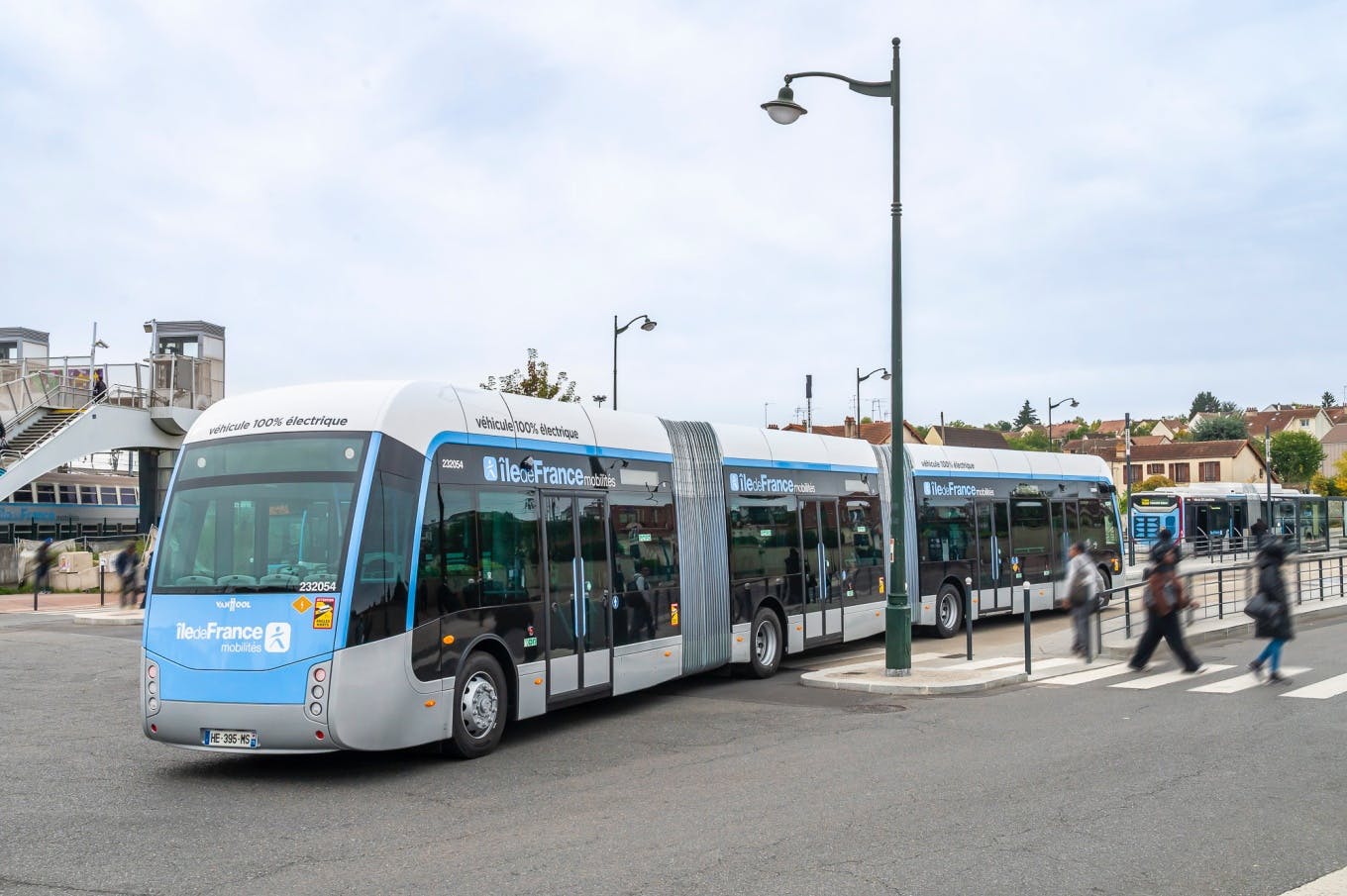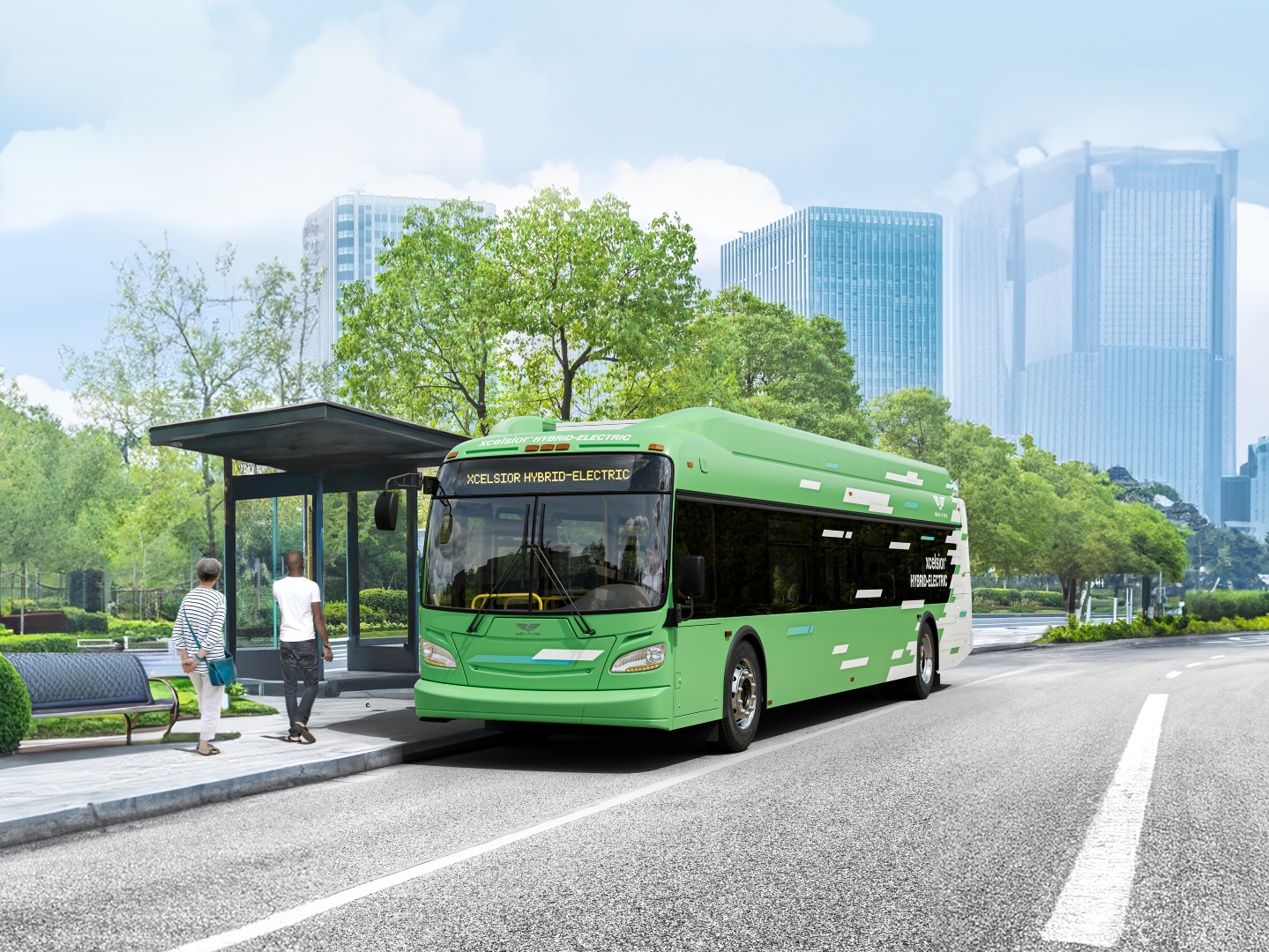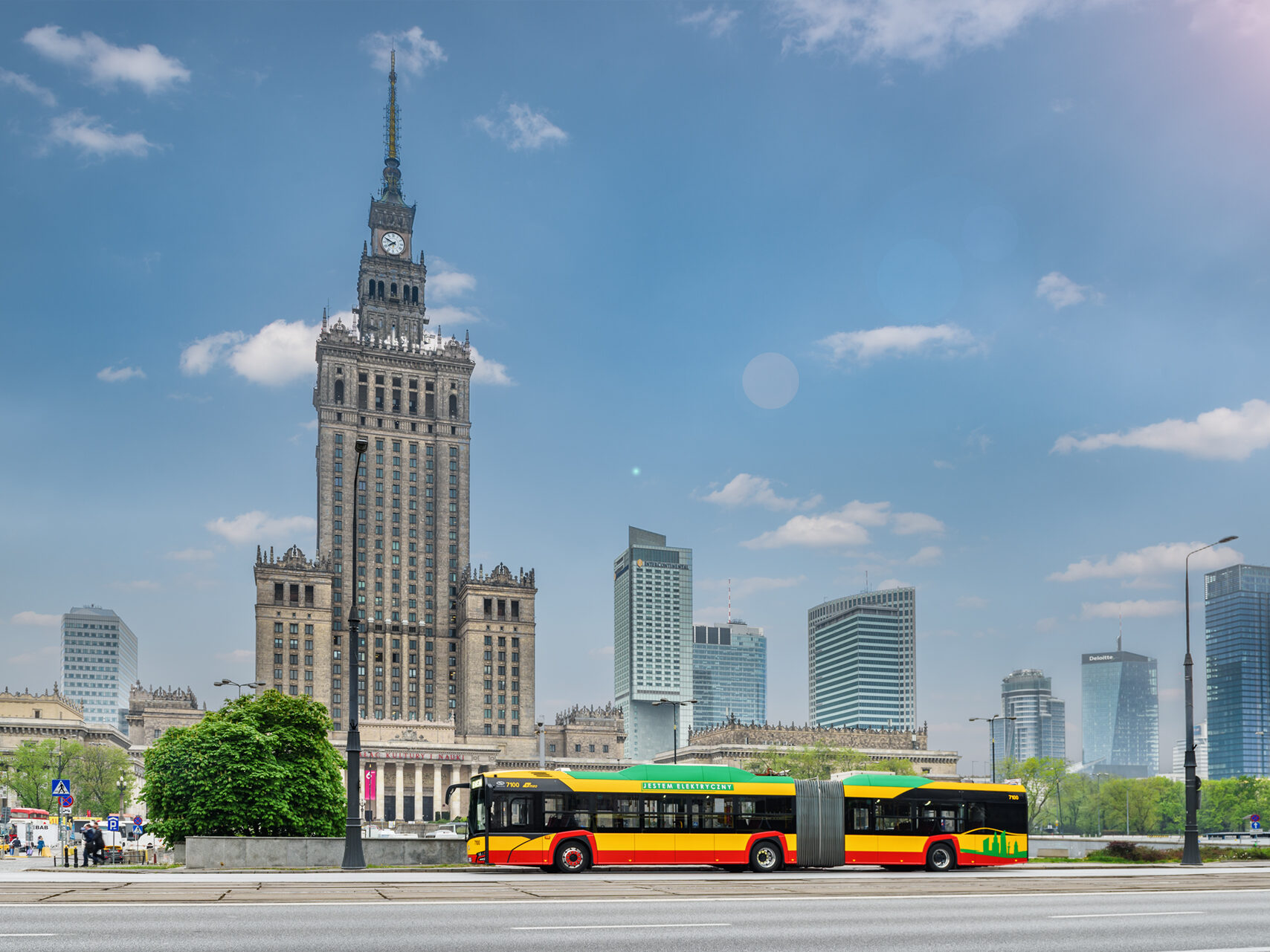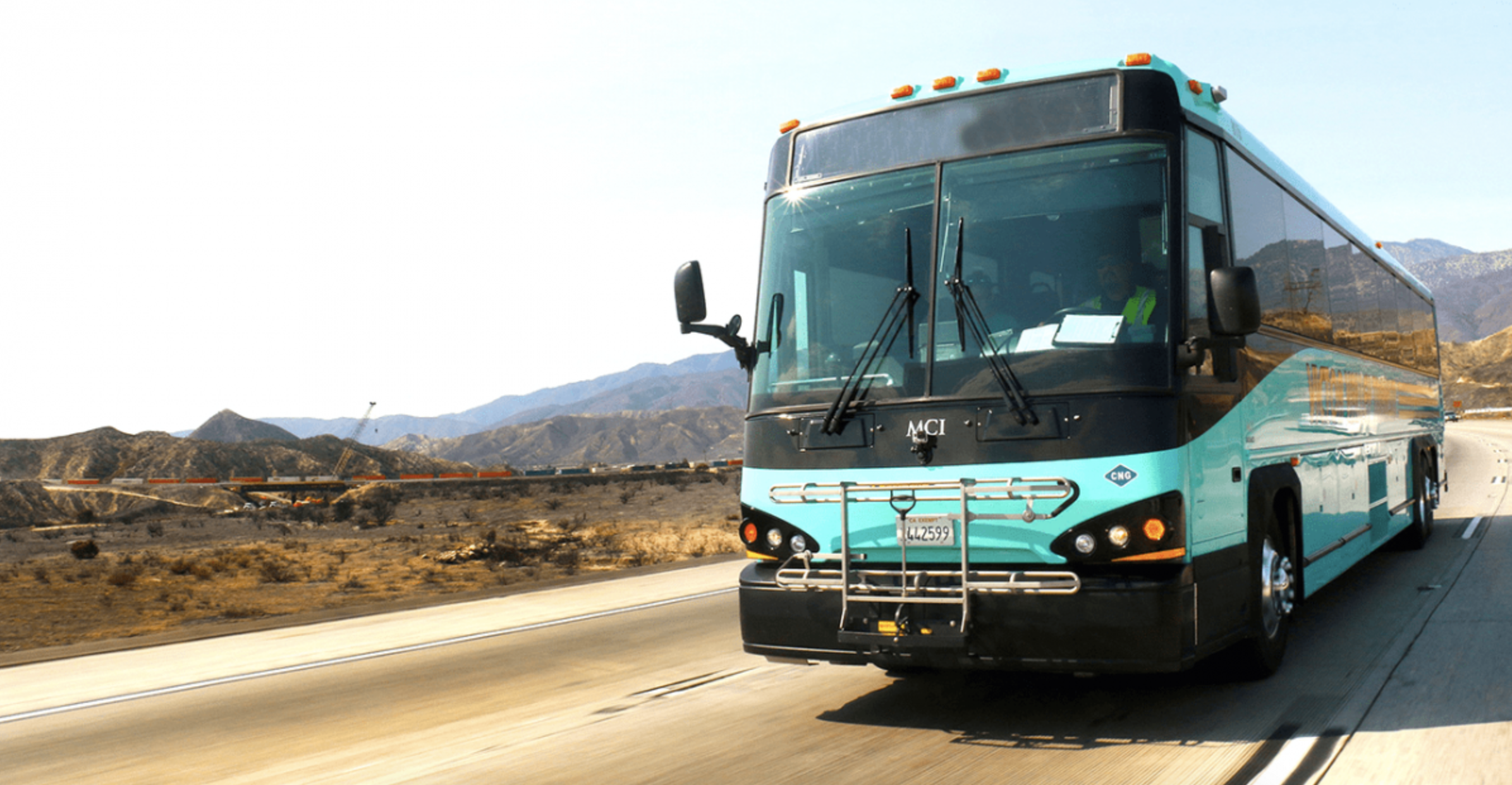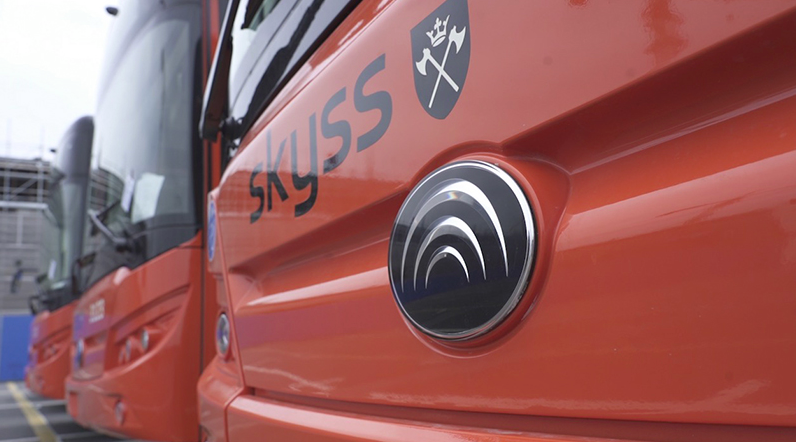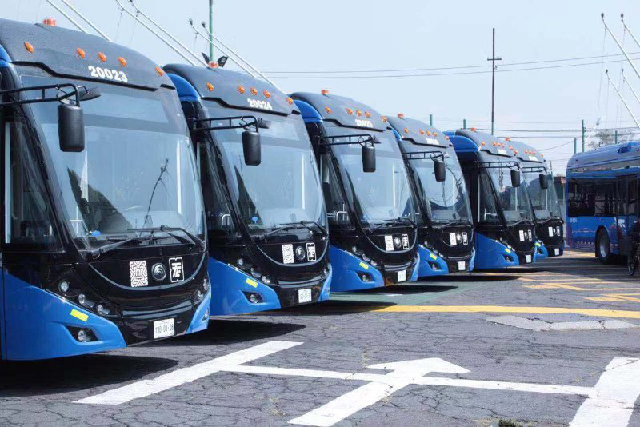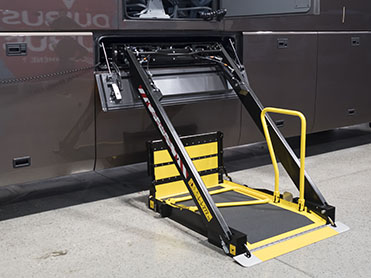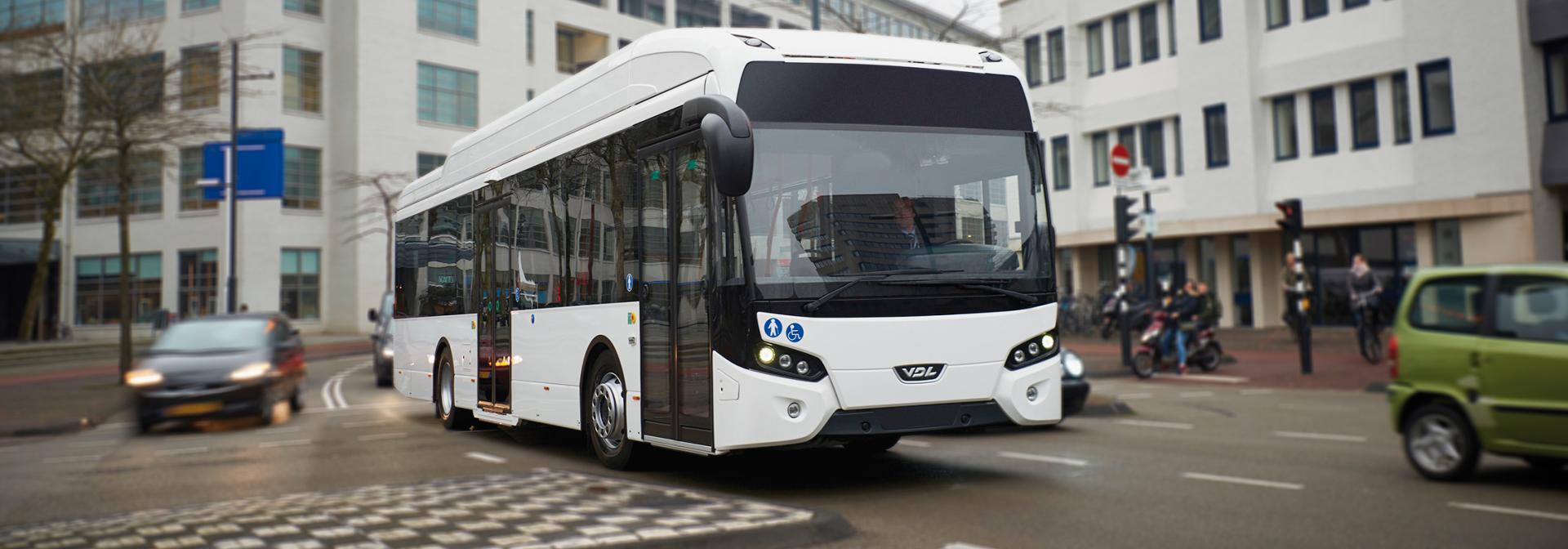Port Authority New York and New Jersey Doubles Electric Shuttle Bus Fleet at Airports, Becoming the Largest All-Electric Fleet on the East Coast
- 36 electric buses and 19 accompanying charging stations now operational at LaGuardia, Newark Liberty, and JFK airports
- Agency electric bus fleet to eliminate over 1,600 tons of greenhouse gas emissions per year
The largest airport electric bus fleet on the east coast, comprising 36 buses and 19 chargers, is now fully operational three months ahead of schedule at Newark Liberty, John F. Kennedy International, and LaGuardia airports. In 2018, the Port Authority became the first public transportation agency to embrace the Paris Climate Accords and pledged to take aggressive steps to reduce greenhouse gas emissions. The Port Authority pledged then to convert its airport shuttle buses to all-electric buses by the end of 2020.
Today’s announcement marks the achievement of that goal nearly three months early. The 12 buses at each of the three airports will cut down on both greenhouse gases and local air pollution as the buses serve passengers and employees daily traveling between airport facilities, including parking garages and terminals.
Port Authority Chairman, Kevin O’Toole, said:The Port Authority is taking aggressive steps to reduce harmful greenhouse gas emissions by investing in a green bus fleet. By converting our airport shuttle buses from dirty diesel fuel to clean, battery-operated engines, we’ll be reducing air and noise pollution in the areas around our airports to better serve our customers, employees and the surrounding communities.
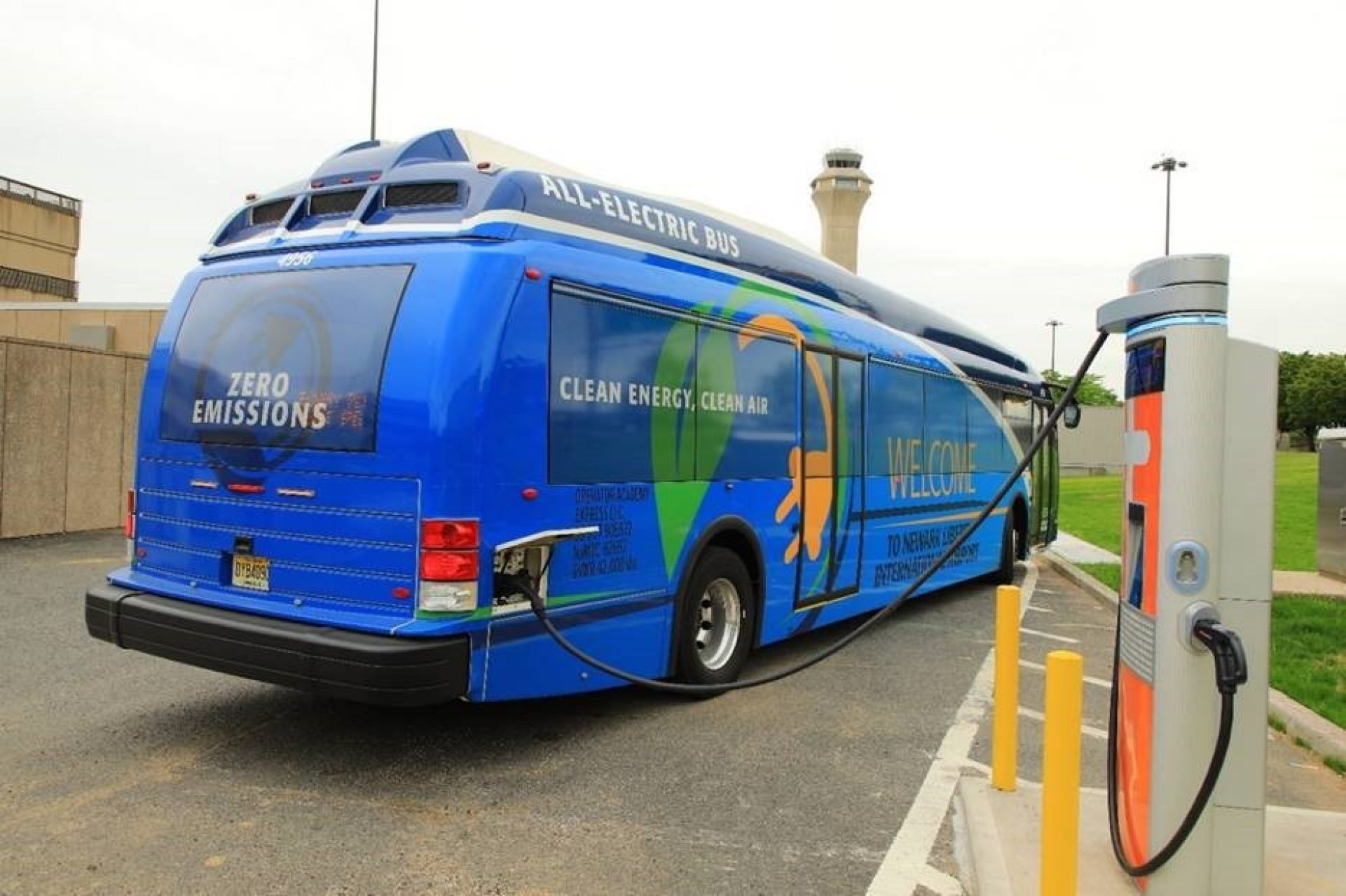
Executive Director of the Port Authority, Rick Cotton, said:All-electric buses represent the future. The Port Authority is committed to doing its part to respond to the existential threat posed by climate change. Delivering early on our pledge to acquire these 36 all-electric buses exemplifies our aggressive action to implement our sustainability agenda that ranges from dramatically increased use of electric vehicles, to providing clean rail mass transit links to our airports, to expanded use of renewable energy, to clean building standards, to energy efficiency and beyond.
The 36 battery-operated buses are projected to save a combined total of approximately 1,600 tons of greenhouse gas emissions and about 240,000 gallons of diesel fuel each year. In addition, the 40-foot zero emissions buses will improve local air quality by eliminating the emissions of approximately 12,000 pounds of nitrous oxide and 900 pounds of particulate matter annually.
Aviation Director, Huntley Lawrence, said:Cleaner air and less noise pollution mean a better customer experience. We’re dedicated to using the best available technology across our airports to advance the agency’s sustainability initiatives and air quality improvements in our host communities.
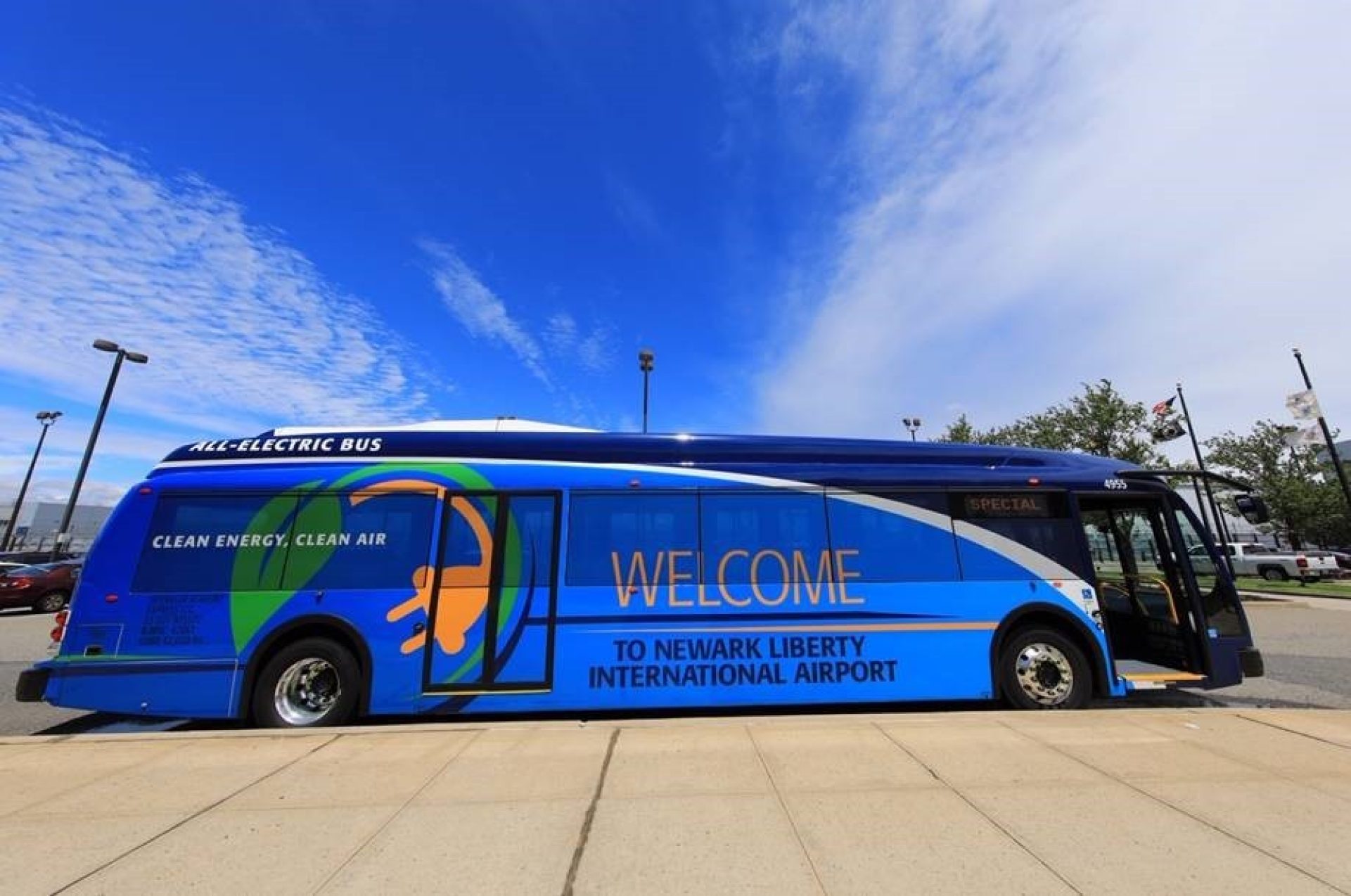
Director of the Office of Environmental and Energy Programs, Christine Weydig, said:We recognize that cleaning up our own fleet is a critical step in engaging our partners and tenants in similar climate action, which will have significant amplification effects across our air, land, rail, and sea facilities. We’re proud to be leading the region in this important transition.
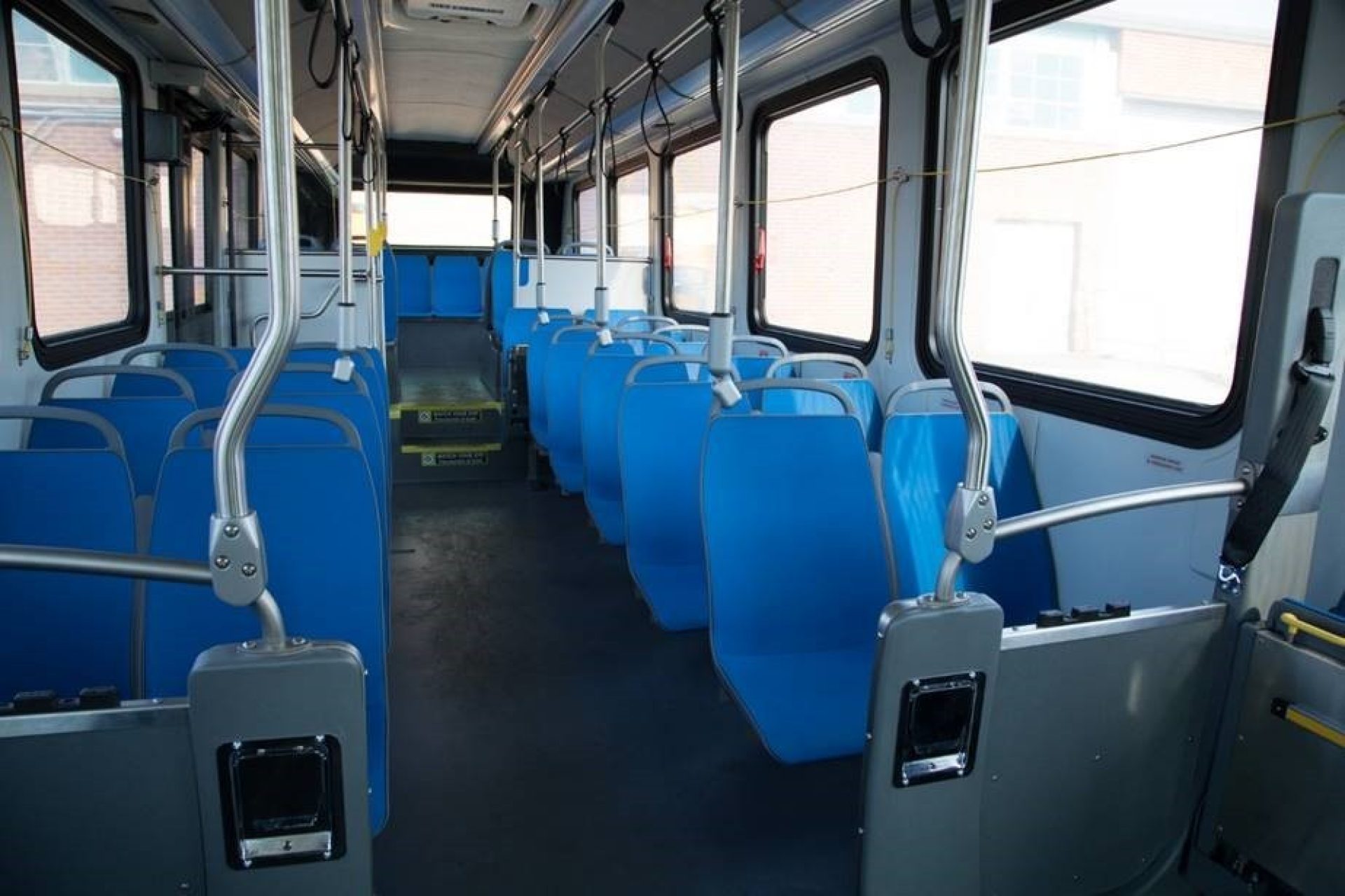
President of the New York League of Conservation Voters, Julie Tighe, said:Travelers, airport workers and the communities living near our airports should not have to breathe in dirty diesel bus fumes. Electrifying buses improves public health, enhances air quality and slashes transportation emissions - the sector which is the leading contributor to climate change. Thank you, Port Authority, for getting on the clean bus to fight climate change by transitioning to an all-electric fleet.
The Port Authority’s far-reaching sustainability agenda includes innovative and industry-leading strategies to advance its commitment to achieving a 35-percent reduction in greenhouse gases by 2025 and 80 percent by 2050 as outlined in the agency’s 2018 commitment to the Paris Climate Agreement. The Port Authority announced later that year it would be transitioning 36 diesel airport shuttle buses to electric by the end of 2020.
130 of the agency’s light-duty vehicles – primarily Chevrolet Bolts and Chrysler Pacificas used by employees and police officers to uphold the safety and security of facilities – have already been converted to electric. By 2023, over 600 – or 50 percent of the light-duty fleet – will be electrified.
In order to support the increase in electric vehicles from both the Port Authority and its customers, over 150 additional charging ports have been installed across agency facilities, including the 19 charging ports for the airport electric shuttle buses.
During Climate Week 2020, the Port Authority announced one of the most ambitious clean construction programs in the U.S. that will cut emissions from construction across all facility projects.
At LaGuardia Airport, nearly 22,000 tons of concrete were recycled from the demolition of the original Terminal B parking structure and approximately 2,475 tons of this recycled concrete were reused on the adjacent job site. Truck travel during demolition of the old airport has been reduced by 250,000 miles, the equivalent of 10 trips around the world, due to the creation of a concrete recycling facility on site.
As part of the ongoing construction for the Terminal One Redevelopment Program, more than 30,820 tons of asphalt, 101,511 tons of concrete, and 61,597 tons of soil have already been recycled for the construction of the new Terminal One, Bridge N60 Frontage Road Bridge and Pedestrian Bridge.
The Port Authority’s overall sustainability initiatives extend to seven key areas: clean electric vehicles; energy efficiency; solar and renewable energy programs; building “green” facilities; clean ship practices for ocean-going vessels; offshore wind; and partnering to combat climate change.
This article was originally published by Port Authority NY NJ.











